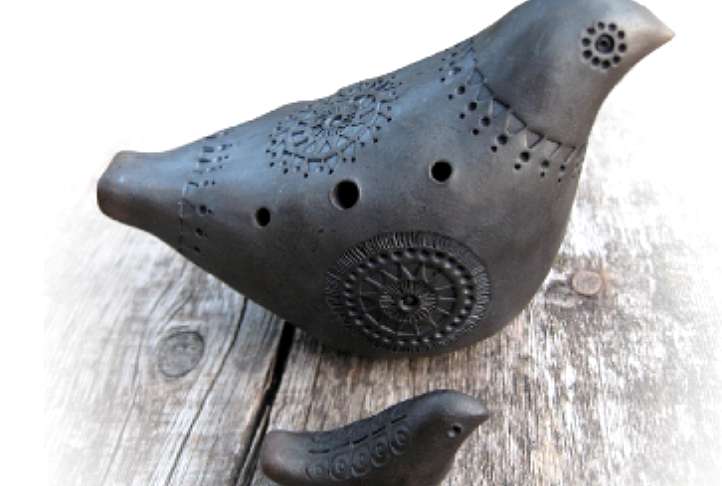Officials inluding State Chancellery Director Elita Dreimane, Attorney General Eriks Kalnmeiers, anti-corruption force chief Jaroslavs Streļčenoks and Gundars Jankovs of Delna, the Latvian branch of Transparancy International pledged by the end of the year to develop a legal framework for a bill to provide protection to whistleblowers acting in the public interest.
A launch event featured Latvia's most famous whistleblower, Ilmars Poikans - better known to the world as "Neo" - who made international headlines when he gained access to and helped publish thousands of tax records exposing staggering hypocrisy in high places.
The aim is partly to draw on the experience of other countries which already have whistleblower protection on the statute books, such as the UK, Slovenia and Denmark in order to give people confidence to reveal fraud, graft and other forms of nefarious activity within the state's power structures as well as in the private sector.
"We must all be aware that anyone can fall victim to illegal activities. Whistleblowers in the public and private sectors can face various punishments from their managers, including unfair dismissal. This mechanism is necessary to protect people who expose illegalities,” Dreimane said.
The prosecutor general said he hoped the new law would help clarify the rights of the individual so that they knew protection would be in place in cases of legitimate whistleblowing.
Delna director Gundars Jankovs said: "Whistleblowers are critical in the fight against corruption, because these people are taking a risk to report a crime that most people do not see or pretend not to see."
Without protection, whistleblowers were open to being "intimidated or subjected to threats and physical violence," Jankovs said.


























